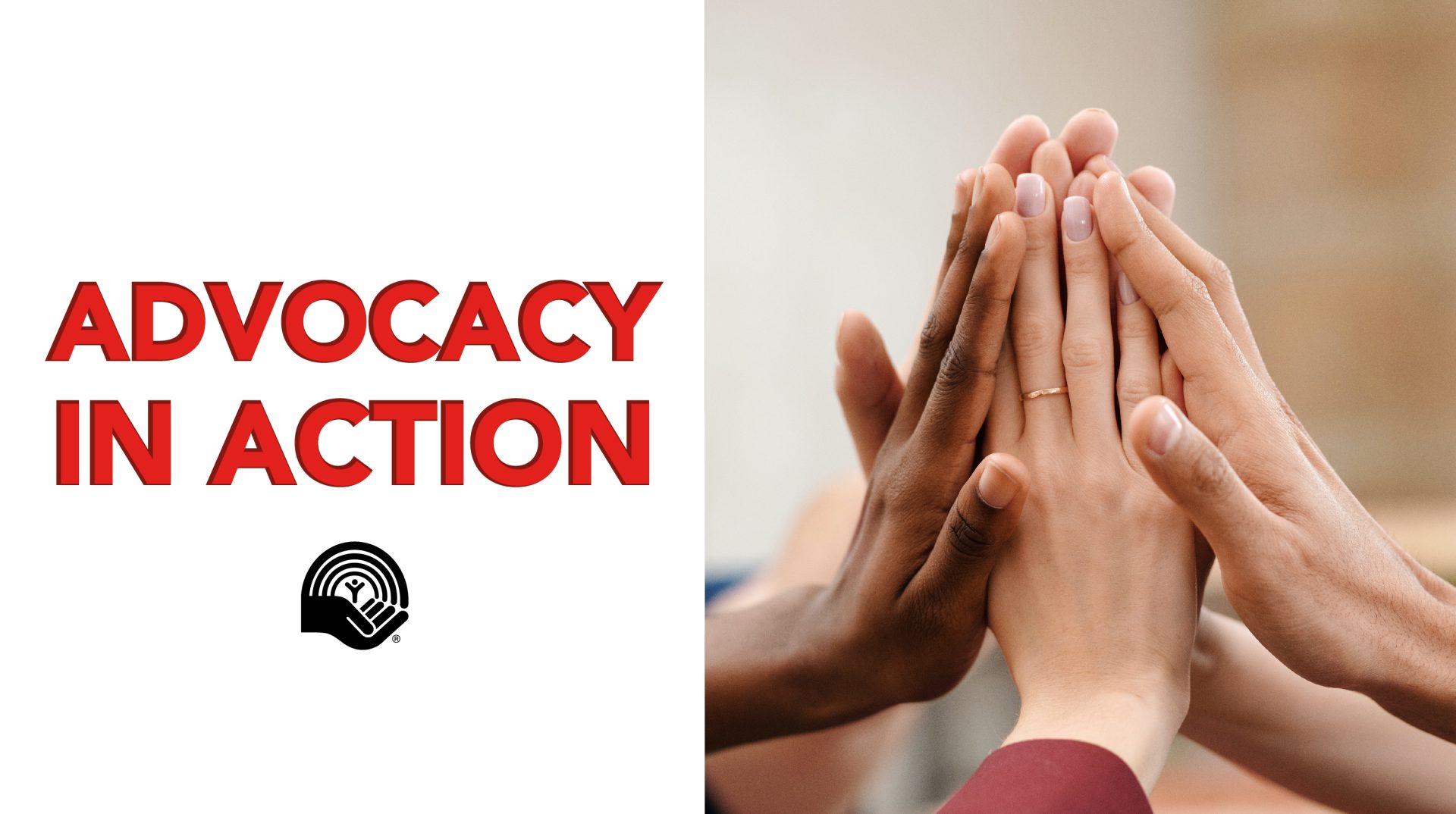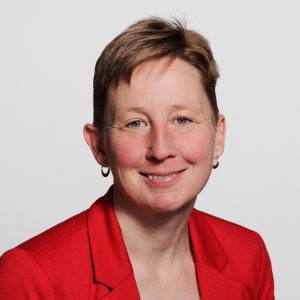Tell us about your life motto: Bloom where you’re planted.
I’ve moved around a lot, and each community has its own challenges and its own strengths. I really think it’s important that wherever you are, you keep informed about local issues and look around to see what you can do. I’ve lived in a lot of places, including Mississauga, Kingston, Toronto, Boston, Red Deer and now London – each community has different perspectives.
I feel strongly that we should be accountable to our community, and that we can all have an impact, big or small.
What are some challenges you see facing this community?
Cost of living and affordable housing are top of mind for so many people right now. You can talk to anyone across the country and those are things people are worried about. People are really facing a lot of challenges in all of our different communities.
What gives you hope right now?
Our community gives me hope. We have seen so many examples across this region where people are coming together to help each other out – it’s happening every day. I’m also hopeful about the innovative partnerships that have been happening among community and business leaders to do things like convert buildings to affordable housing. That takes various people and groups coming together in creative ways to make life better in our community. These sorts of partnerships are precedent-setting and attract municipal and community support.
How can the United Way campaign cabinet help overcome these challenges?
We have an incredible cabinet this year. We are diverse, accomplished and passionate; we want to make an impact.
We know relationships are at the core of what makes us successful. So, when we talk about the activities needed for a successful campaign, I’m looking at it through the lens of building relationships. We want to expand awareness of the campaign beyond those who already know and support it. Through our leadership and connections, this cabinet has a real opportunity to expand our reach and that will help increase the impact.
What’s unique about this campaign?
Even though it’s been a few years since the pandemic, many organizations are just getting back into their groove in a lot of ways. So, while we adjust to that and start returning to community engagements, we have an opportunity to bring more people into the fold and to unite over our shared obligation to give back to the communities where we live and work.
Why did you decide to get involved with United Way Elgin Middlesex?
BMO is such a big United Way supporter. It’s built into our culture to get involved in the community and grow the good. I was active on the donation front in Toronto, then got involved in the cabinet out in Red Deer.
What do you want other people to know about United Way?
United Way supports such a wide spectrum of causes within our local communities. So, if people are interested in helping children, they can do that through United Way. If they want to help newcomers, or elderly residents or people navigating the challenges of poverty or any other group in the community, they know that supporting United Way means they are making a difference.
And for corporations, I’ve seen how United Way events bring people together in a way that they’ve never been together before. At BMO, United Way brings different teams together for events like the Day of Caring, the Stair Climb and Harvest Lunch.
People get really into it. It’s an employee engagement win, a community win and a United Way win.
What life and volunteer experience do you bring to this role?
Does being a Brownie count? I started at age six, then went into Girl Guides, which is all about community. But before United Way, my most significant volunteer work as an adult was with Camp Oochigeas. I used to take a week every year to volunteer as a camp counsellor for kids who were living with cancer. It was life changing.
You are a breast cancer survivor. What part has your experience with cancer played in your journey that has led you to this role as campaign chair.
My cancer experience was not the impetus for me to give back and volunteer, but it certainly was a reinforcement. During my journey, I was extremely fortunate for the support I received from family, friends and my employer at the time.
I was acutely aware that not everyone has that support in their immediate circle. It was an eye-opening experience in terms of navigating the medical system. When I think about those who don’t have this support system, people struggling to access life’s basic needs, those experiencing gender-based violence or children living in poverty as examples, I think about how important it is for our community to come together and become the support system that our fellow neighbours need. It reinforces for me the power of our impact — even if it’s just for one person.













































































